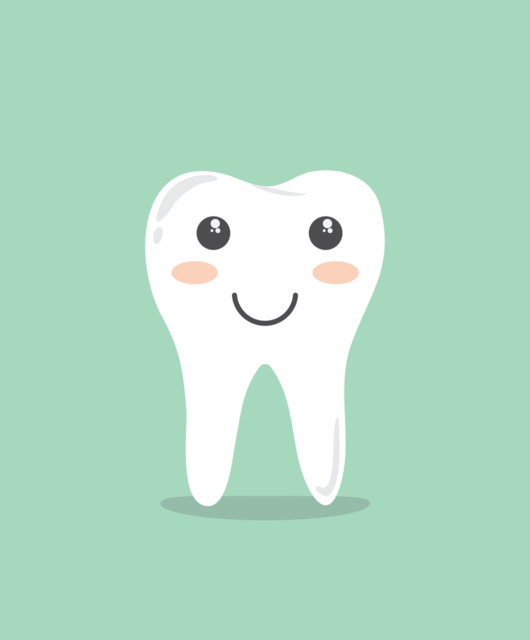How To Prevent Eye Strain
 What do you think about first when you consider your own health? It’s probably your organs, such as your heart and lungs, or perhaps your brain. You’ll want to keep all of these things – and more – healthy, so you’ll do what you can, such as exercising regularly and eating a well-balanced, nutritious diet. This makes a lot of sense and is a good thing to do.
What do you think about first when you consider your own health? It’s probably your organs, such as your heart and lungs, or perhaps your brain. You’ll want to keep all of these things – and more – healthy, so you’ll do what you can, such as exercising regularly and eating a well-balanced, nutritious diet. This makes a lot of sense and is a good thing to do.
What you might not initially think of, however, is your eyesight. Yet, we use our vision all day to work, enjoy downtime, travel, and more. If your eyesight were to be affected in some way that meant you could no longer see well, how would your life have to change? For most people, this doesn’t bear thinking about. Therefore, it is wise to take care of your eyesight as much as you can, and one way to do this is to prevent eye strain. Read on to find out how this can be done.
Have A Checkup
Some of the symptoms of eyestrain include headaches, an inability to focus, red, irritated eyes, and blurred vision. If you are suffering from any of these problems, or you simply feel that your eyesight is deteriorating in some way (or it has been at least two years since you last went), make an appointment with an optometrist for a checkup.
The eye test will show whether your current prescription is accurate, and if you don’t wear glasses right now, then it will show whether you need to or not. If you do need glasses, you can talk about getting special lenses that block out blue light, which is a major cause of eyestrain and comes from the various screens we use so much, such as a laptop or smartphone.
Improve Air Quality
Although you might not consider this at first, the air quality in your home or workplace can have a detrimental effect on your eyesight, and it can cause eyestrain. If the air is particularly dry and you’re looking at one thing – a laptop screen, TV, or even a book – for many hours at a time, your eyes will become very dry too. When this happens, you can attract pollutants, and you are more at risk of infection. Dry eyes can also cause cataracts, for which, luckily, there is cataract surgery, but it’s still an unpleasant situation to be in.
The dry air will come from your heating and cooling system, and although you will need this to be more comfortable, you’ll need to make some adjustments to ensure your eyesight is protected, and you aren’t straining to see. Moving your desk away from the air conditioning unit is a good start, but taking breaks outside or using an air humidifier can also work wonders.
Use Fewer Screens
Using fewer screens is one of these pieces of advice that is much easier said than done. However, when it comes to reducing eye strain, it is the best option available. Cutting down your screen time isn’t just good for your eyes either; it can benefit your entire body.
If you are unable to use your screens less, there are other options open to you. You can change your lighting so that it is much softer (perhaps by using halogen bulbs), as lighting that is too low or too bright can cause additional eyestrain when combined with a screen. Best of all is letting in as much natural light as possible.









